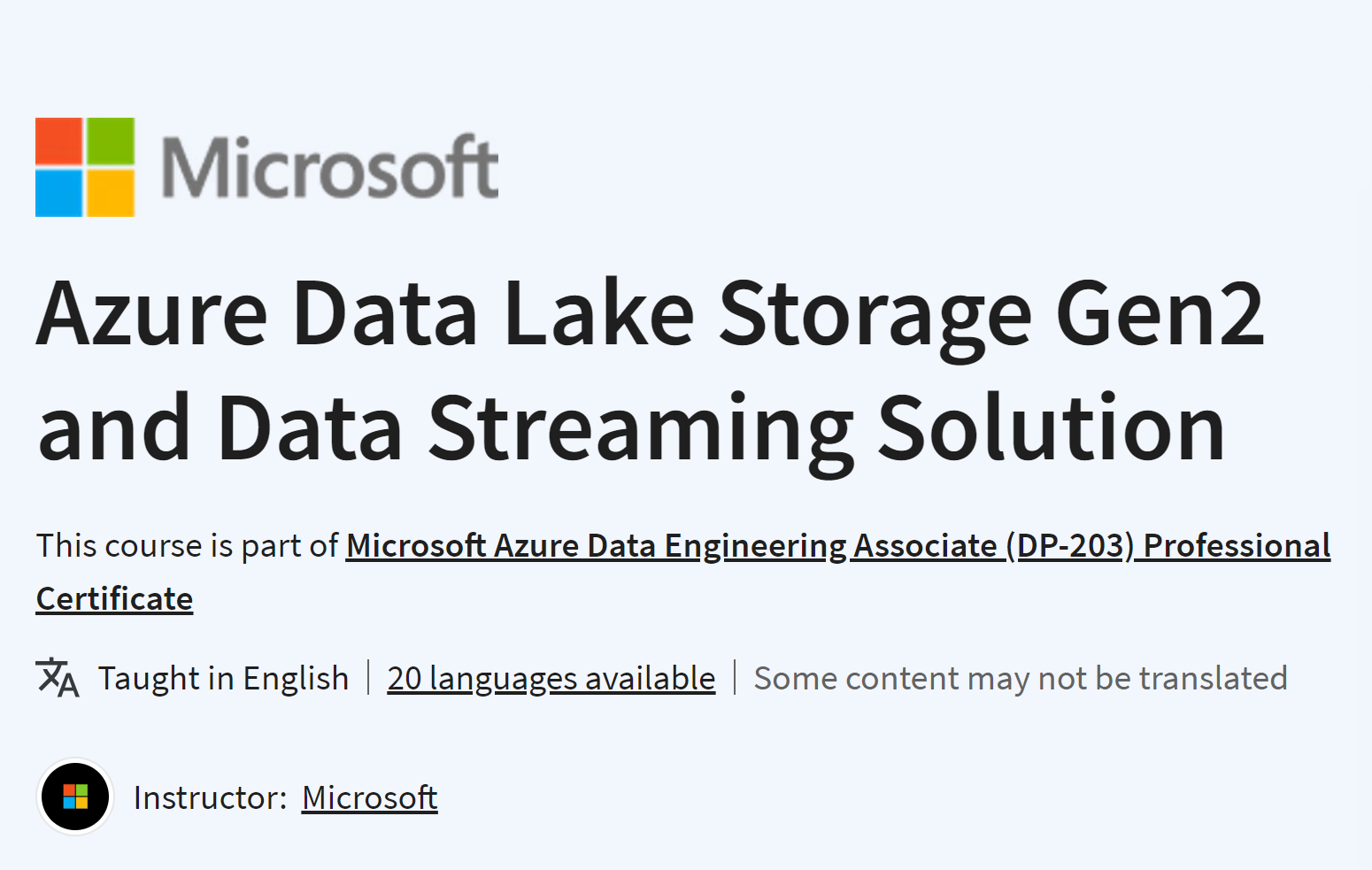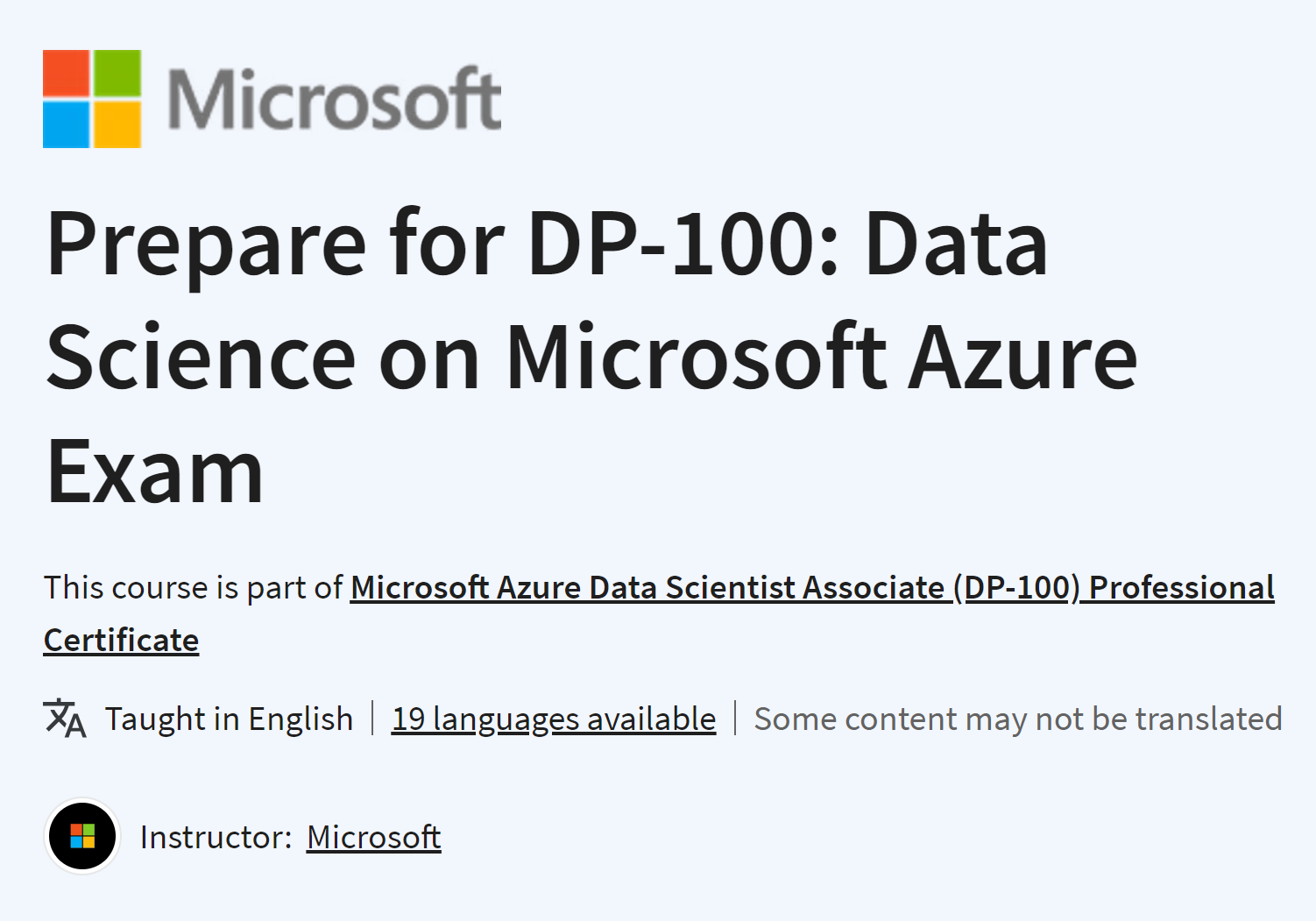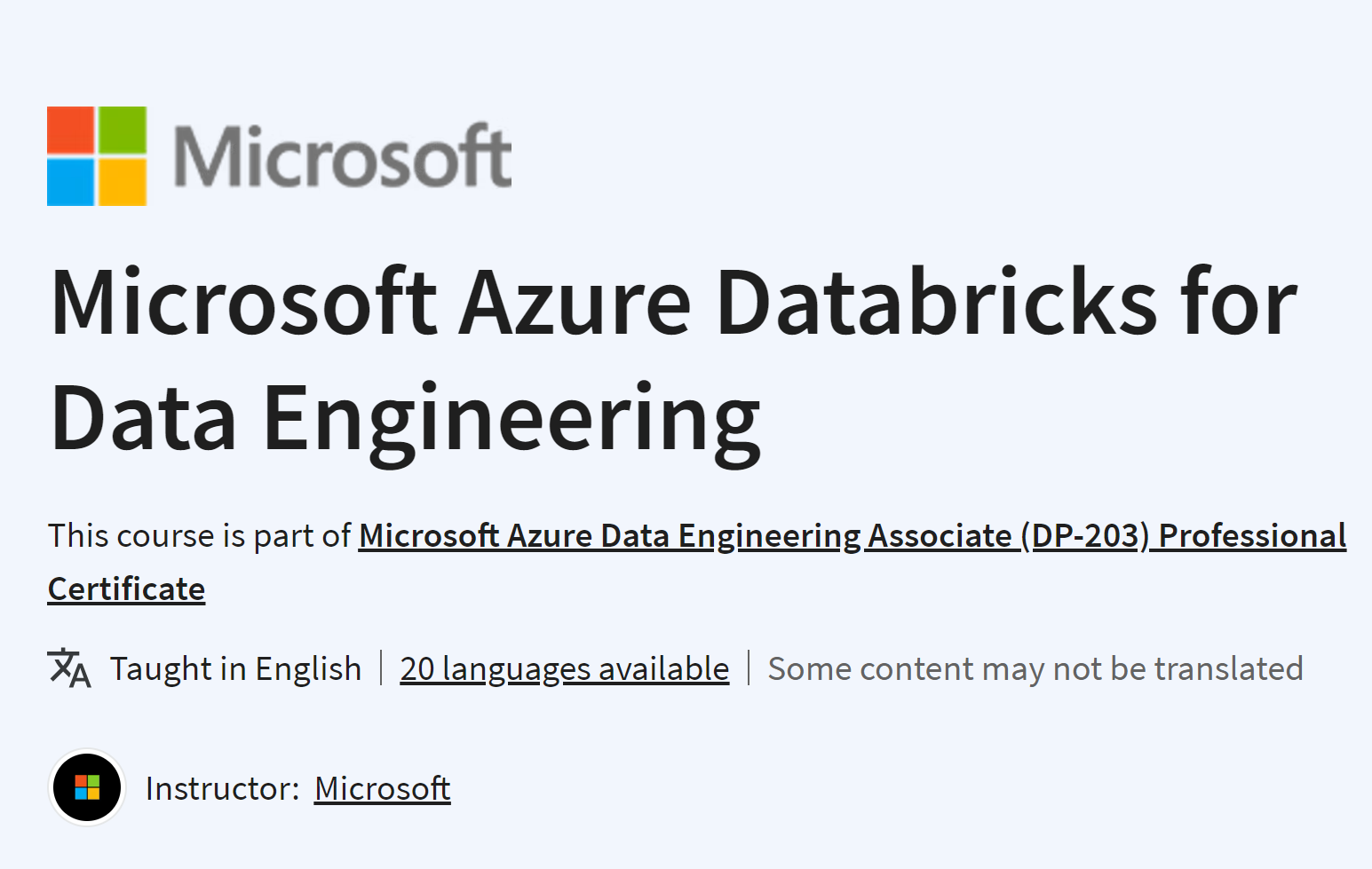Docker for Beginners with Hands-On Labs – The Practical Guide to Containerization
Introduction to the Course
The course "Docker for Beginners with Hands-on Labs" is a practical, beginner-friendly introduction to containerization using Docker — one of the most essential tools in modern DevOps and software development. Whether you're a developer, sysadmin, cloud engineer, or simply someone curious about scalable deployment, this course helps you understand what Docker is, why it's revolutionizing software delivery, and how to use it effectively through hands-on practice. It’s a perfect launchpad for those new to containers and seeking to build a solid foundation with real-world applications.
Why Learn Docker?
Docker is a platform designed to simplify application development and deployment by allowing developers to package software into standardized units called containers. These containers include everything the application needs to run — code, libraries, dependencies — and can run anywhere, from a developer's laptop to a cloud server. Learning Docker equips you to build, ship, and run applications faster and more reliably, which is a huge advantage in today’s agile, cloud-native world. Companies like Netflix, PayPal, and Spotify use Docker extensively to scale their services efficiently.
Course Objectives
By the end of this course, learners will be able to:
Understand the core concepts behind containers and Docker
Install and configure Docker on different operating systems
Build, run, and manage Docker containers and images
Use Dockerfiles to automate image creation
Work with Docker volumes and networks
Understand the basics of Docker Compose for multi-container applications
Apply real-world use cases in hands-on labs
This isn’t just theory — each concept is paired with guided exercises to make sure you gain practical, job-ready experience.
Getting Started with Containers
The course starts with an intuitive explanation of what containers are, how they differ from virtual machines, and why they matter. You'll learn that containers are lightweight, fast, and portable, making them ideal for modern microservices architecture. Through analogies and visuals, the course breaks down complex infrastructure topics into easily digestible concepts, ensuring even complete beginners can follow along.
Docker Architecture and Components
Next, learners explore the Docker architecture, including the Docker Engine, Docker CLI, and Docker Hub. You’ll learn how the Docker client interacts with the daemon, how images are pulled from Docker Hub, and how containers are run from those images. The course walks you through commands to:
Pull official images from Docker Hub
Run containers in interactive or detached mode
Inspect, stop, and remove containers
This section lays the groundwork for more advanced operations later in the course.
Building Docker Images and Dockerfiles
One of Docker’s most powerful features is the ability to build custom images using a Dockerfile — a script that defines how your image is constructed. The course teaches how to:
Write simple and multi-stage Dockerfiles
Use base images effectively
Add environment variables and configuration
Optimize image size for production
You’ll build images for sample web apps, experiment with builds, and learn to troubleshoot when things go wrong. This is an essential step in making applications portable and reproducible.
Docker Volumes and Persistent Data
Containers are ephemeral by nature — meaning data is lost when the container stops — but that’s not ideal for most applications. This module introduces Docker volumes, which let containers persist and share data. You’ll learn how to:
Create and mount volumes
Use bind mounts for local development
Understand the differences between anonymous and named volumes
These concepts are particularly useful when running databases or any service that needs to retain state.
Docker Networks and Communication
For real applications, containers need to talk to each other. Docker provides built-in networking capabilities that let you isolate, link, or expose services as needed. You’ll explore:
Bridge, host, and overlay networks
Port mapping and linking containers
Container DNS and service discovery
Hands-on labs demonstrate how to connect a front-end container with a back-end API and a database, simulating real-world service orchestration.
Docker Compose: Multi-Container Applications
One of the highlights of the course is the introduction to Docker Compose, a tool that lets you define and run multi-container applications using a simple YAML file. You’ll learn to:
Create a docker-compose.yml file
Define services, networks, and volumes
Scale services using docker-compose up --scale
Bring the entire app up or down with one command
This module prepares you to build more complex, modular systems and is essential for modern DevOps workflows.
Hands-On Labs and Projects
Unlike many theory-heavy courses, this course emphasizes hands-on learning. Each concept is reinforced through interactive labs and practical assignments. For example:
Build and deploy a simple Python or Node.js app using Docker
Set up a multi-container stack with a web app and a database
Use logs and commands to troubleshoot running containers
These labs mimic real tasks you’d face in a development or DevOps role, helping you become job-ready.
Who Should Take This Course?
This course is perfect for:
Developers who want to simplify their dev environments
DevOps engineers and SREs getting started with containerization
System administrators looking to modernize infrastructure
Students and tech enthusiasts exploring cloud-native tools
No prior Docker experience is required, though basic knowledge of the Linux terminal and command-line operations is helpful.
Certification and Value
Upon completion, learners receive a certificate of completion that validates their ability to use Docker for containerizing applications and services. More importantly, you'll gain hands-on experience that is immediately applicable to real projects. Docker skills are increasingly requested in job listings across software engineering, DevOps, and IT operations — and this course provides a direct path to gaining them.
What Comes After This?
Once you’ve built a strong foundation in Docker, you can advance to:
Kubernetes for Orchestration
CI/CD pipelines using Jenkins and Docker
Docker Security and Image Scanning
Deploying containers on AWS, Azure, or GCP
Microservices architecture and container monitoring tools
The containerization journey doesn’t stop at Docker — it only starts there.
Join Now : Docker for Beginners with Hands-on labs
Final Thoughts
The "Docker for Beginners with Hands-on Labs" course is a well-structured, immersive way to get started with one of the most transformative technologies in modern software development. With its focus on practice over theory, it ensures you don’t just learn Docker — you use Docker. Whether you're trying to streamline your development process, deploy apps more reliably, or start a career in DevOps, this course offers the practical knowledge and confidence to move forward.











.png)













.png)




.jpg)


%20by%20Allen%20B.%20Downey.jpg)


















